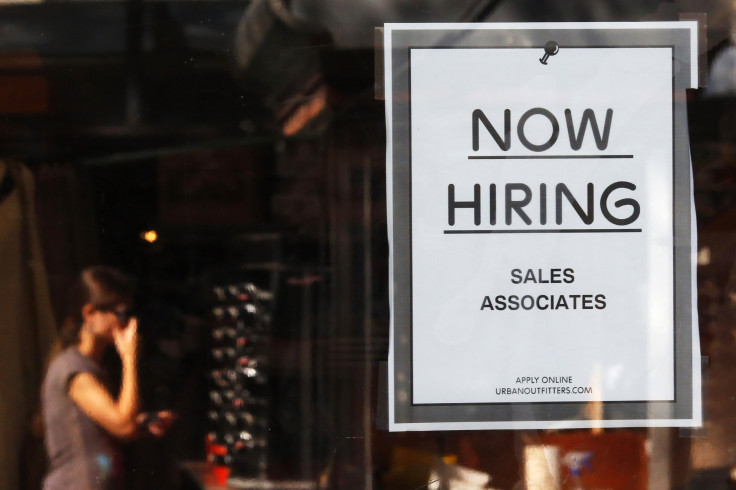Hot Jobs Report, Rising Wages Could Limit The Fed's Ability To Tame Inflation
A hot labor market report on Friday morning dashed Wall Street's hopes of a quick fix for the country's inflation problem and an end to interest rate hikes, thus a sell-off in both the debt and the equity markets following the release of the report.
Aggressive Fed tightening has failed to cool off the U.S. labor market. The nation's employers continued to add jobs in November, and the unemployment rate remained at multi-year low levels.
According to a U.S. Bureau of Labor Statistics (BLS) report, the U.S. economy added 263,000 jobs in November, well ahead of market forecasts of 200,000. It's pointing to a still-hot labor market as the U.S. economy returns to normal from the pandemic recession.
Most of the job gains were in the service sectors that benefit from the return to normal, like the leisure and hospitality sector (88,000), health care (45,000) and government (42,000).
A robust job growth helped the unemployment rate remain steady at 3.7%, in line with market expectations, meaning that the labor market continues to be tight.
Labor force participation continued its downtrend, falling to 62.1% in November from 62.2% in October and 64.2% in August. It confirms the hypothesis of a tight labor market, which adds pressure on wages. They climbed at an annual rate of 5.1% in November, up from 4.9% in October, and ahead of market expectations.
The upward trend in wages reinforces fears of a price-wage spiral, where rising wages lead to price hikes, and price hikes lead to wage hikes.
Wages are part of the "second line" in the income statement, accounting for the most significant amount of short-term cost of goods, and firms with pricing power pass higher wage costs on to consumers with price hikes. It's a process that perpetuates inflation and makes it hard for the nation's central bank to control it without pushing the economy into a recession.
"The job market had another decent month in November," said Callie Cox, US Investment Analyst at eToro in an email to International Business Times. "Hiring didn't miss a beat, and the unemployment rate held firm. It's an encouraging report for everyone but the Fed, which is desperately trying to get inflation under control."
Jason Pride, Chief Investment Officer of Private Wealth at Glenmede Trust Company, agrees.
"This employment report fails to provide the picture the Federal Reserve would prefer to feel that they are making progress in slowing the economy," he told IBT. "While the Fed may slow down its rate increases from the 0.75% per meeting pace to 0.50% per meeting pace, it may also pressure them to extend those rate increases further into 2023. Such a path to higher rates for longer should put a damper on both fixed income and equity markets."

© Copyright IBTimes 2024. All rights reserved.





















